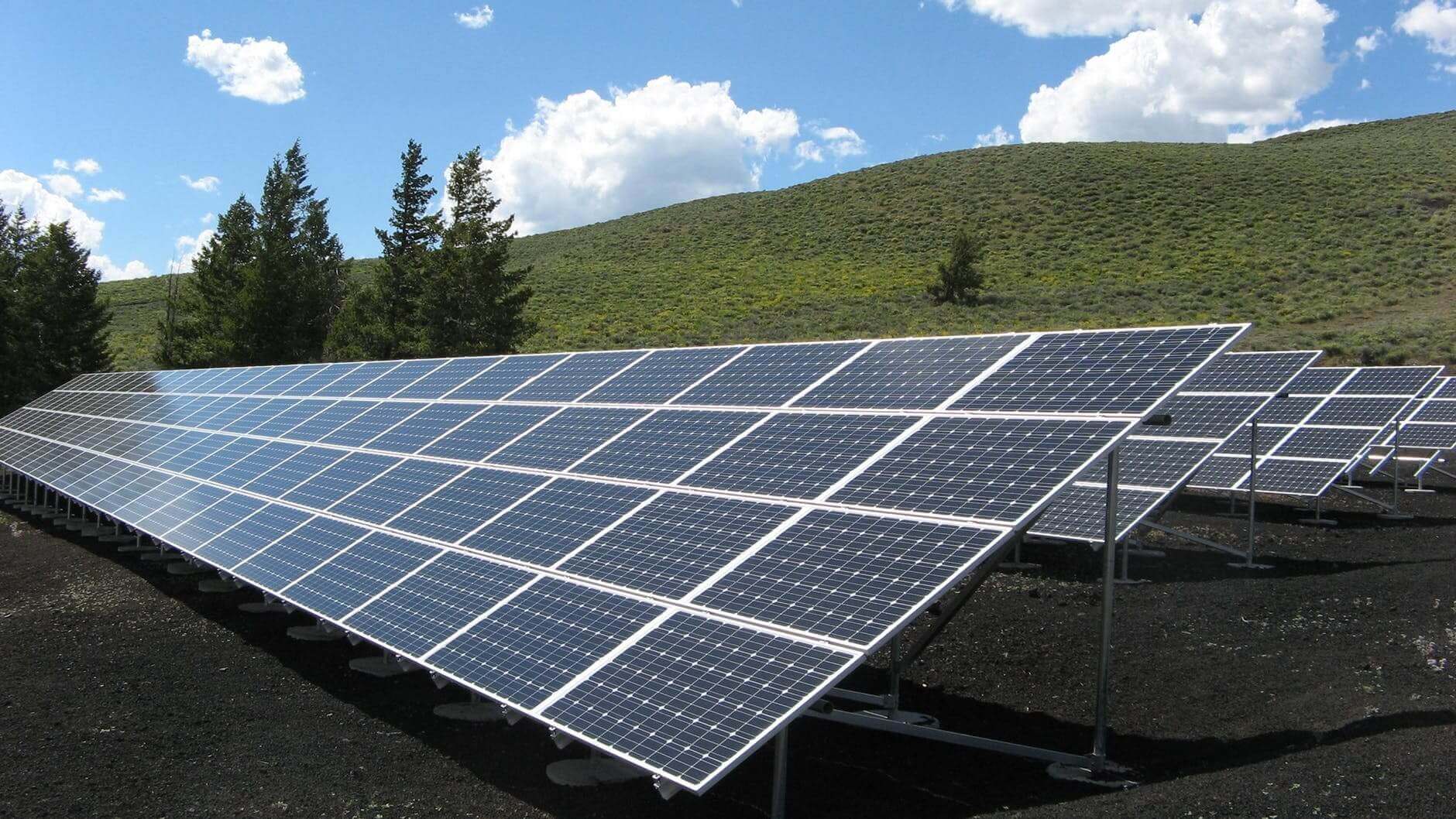On Oct. 1, the New Jersey Board of Public Utilities (BPU) proposed rules establishing a three-year Community Solar Energy Pilot Program, allowing utility customers to participate in a solar project that is not physically attached to their property but is within the same service territory. Under the proposed program, participating customers (subscribers) will be able to purchase credits on their electric bill connected to a portion of the energy generated by a community solar project.
The proposed program will take place over three years (2019-2021), with 75 MW of new solar capacity to be developed in the first year and at least 75 MW of additional capacity in each of the last two years. In addition, 40% of the available capacity must be allocated to low- and moderate-income (LMI) projects, with the BPU having the option of designating an additional 10% of the capacity to low-income projects.
The maximum size for an individual project is 5 MW. Each project must have a minimum of 10 subscribers and a maximum of 250 subscribers for each megawatt of capacity. Multifamily buildings with an on-site community solar project are exempt from the 10-subscriber minimum.
Organizations may register with the BPU to become community solar subscriber organizations to assist project developers in acquiring subscribers, maintaining subscriptions and replacing subscribers over the lifetime of the project.
Billing will be handled by the electric distribution companies (EDCs). The value of the credit applied to the subscriber’s bill will be the retail net metering rate, inclusive of supply and delivery charges, but may not be applied to any fixed, non-bypassable charges. Subscribers must have an active account with their respective EDC and must install a remote-read smart meter.
Existing (operation prior to Jan. 1, 2019) solar projects cannot qualify as a community solar project. The total program capacity is broken down amongst the EDCs as follows:

Projects cannot be built on preserved farmland and are allowed on Green Acres-preserved open space only by special approval of the DEP.
All rate classes are eligible to participate as subscribers in a community solar project. No single subscriber may receive more than 40% of the project’s output. Account holders for master-metered buildings can subscribe to community solar projects on behalf of tenants and can also separately subscribe for metered billing of common areas. Each individual subscription may not exceed 100% of the subscriber’s historic annual usage over the prior 12 months (or, if the subscriber does not have 12 months of historical usage, a commercially reasonable estimate).
Subscriptions are portable and can be taken with the subscriber anywhere within the same EDC service territory. A subscriber cannot participate in more than one community solar project.
Subscribers must have an active utility account in the same EDC service territory as the community solar project they subscribe to. The proposed rules establish standards very similar to those that currently exist for net-metered projects for the administration of bill credits, including an annualized billing period, carry-over credits on a monthly basis and a process to annually compensate for excess credits at the avoided cost of wholesale power.
Project operators may bank any generation delivered to the grid that has not been allocated to subscribers for a period not to exceed 12 months. These banked credits can be distributed to other subscribers (new or existing) during the 12-month period. At the end of 12 months, any remaining generation credits are to be compensated at the avoided cost of wholesale power.
The EDC can decide whether to apply any credit as a dollar credit or a kilowatt-hour credit; however, it can only choose one method of application for the entire service territory, and the credit must be clearly identified on a separate line in the utility bill. Community solar projects are eligible to apply for either SRECs or Class I RECs.
An LMI community solar project is defined as such if 51% of the project capacity is subscribed by LMI subscribers. Project operators of LMI community solar projects must individually qualify each of their subscribers as LMI-eligible based on criteria set forth in the proposed rules. Affordable housing providers can qualify LMI subscribers by simply demonstrating they are passing along the benefits of community solar to their residents/tenants, and if the project is sited on government-owned property serving LMI subscribers, the site owner can self-certify the LMI subscribers.
The proposed rules require a standard registration form for subscriber organizations and require all subscriber organizations to comply with all applicable rules, laws and regulations regarding advertising marketing and fair business practices. The BPU will develop a specific disclosure statement that must be provided to each subscriber. All subscribers to a community solar project must provide affirmative written consent either via wet or electronic signature; robo-signing is prohibited. If electronic signatures are used, the Uniform Electronic Transaction Act must be followed. Contract requirements include plain language, clear duration, payment and price calculations, good-faith written estimate of savings a subscriber will realize, a clear description of billing arrangements, and a complete list of fees and penalties.
Co-location of facilities is allowed. Approved projects must begin construction within six months and be operational within 12 months of their approval by the BPU. The BPU is accepting written comments on the proposed rules through Nov. 30, and there will be two public hearings on the proposed rules on Nov. 8. It is anticipated that the BPU will establish the proposed program by adopting the proposed rules, as they may be modified following the comment period, before the end of 2018.
Dana Hall offers renewable energy project support out of her northern New Jersey-based boutique law and consulting practice, The Law Offices of Dana Hall LLC. She can be reached at dana@danahallfirm.com or (201) 906-2189.
Stephen Kisker serves as chair of the renewable energy and sustainability group with West Orange, N.J.-based law firm Chiesa Shahinian & Giantomasi PC. He can be reached at skisker@csglaw.com or (973) 530-2074.




